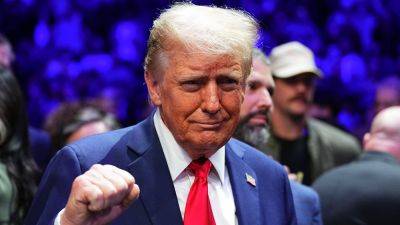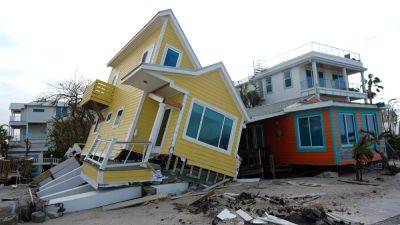Are spheres of influence making a comeback on the international stage?
Are spheres of influence making a comeback on the international stage?
The concept lost relevance at the end of the Cold War but seems to be regaining interest with the return of Donald Trump to the White House and the war in Ukraine.
"The prolonged crisis in Ukraine has really brought the concept back into global conversations about geopolitics and security. And more recently, the return of Donald Trump to the presidency of the United States has accentuated this concept," Iain Ferguson, assistant professor at the Higher School of Economics (HSE) in Moscow, told Euronews.
A sphere of influence refers to a geographical area that a power has unilaterally declared to be its exclusive space and over which it exercises political, economic and military control.
The concept was defined at the Berlin Conference of 1884-1885, at which the European colonial powers shared out Africa - without of course consulting any Africans on what they thought about being colonised.
However, it had already been shaping international relations long before, when the United States adopted the Monroe Doctrine in 1823, which condemned all European colonial intervention in Latin and North America.
It is in Europe's interest to prevent the formation of exclusive spheres of influence, says Sven Biscop, director of the Europe in the World programme at the Egmont Institute.
"The immediate threat of a sphere of influence is that you cut others off from resources and trade. For Europe, this is a problem because we are an export economy and we have to import most of our resources", the researcher explained.
In his view, a global race by the major powers to establish spheres of influence would increase geopolitical tensions and risk triggering conflict.
Russia, China








